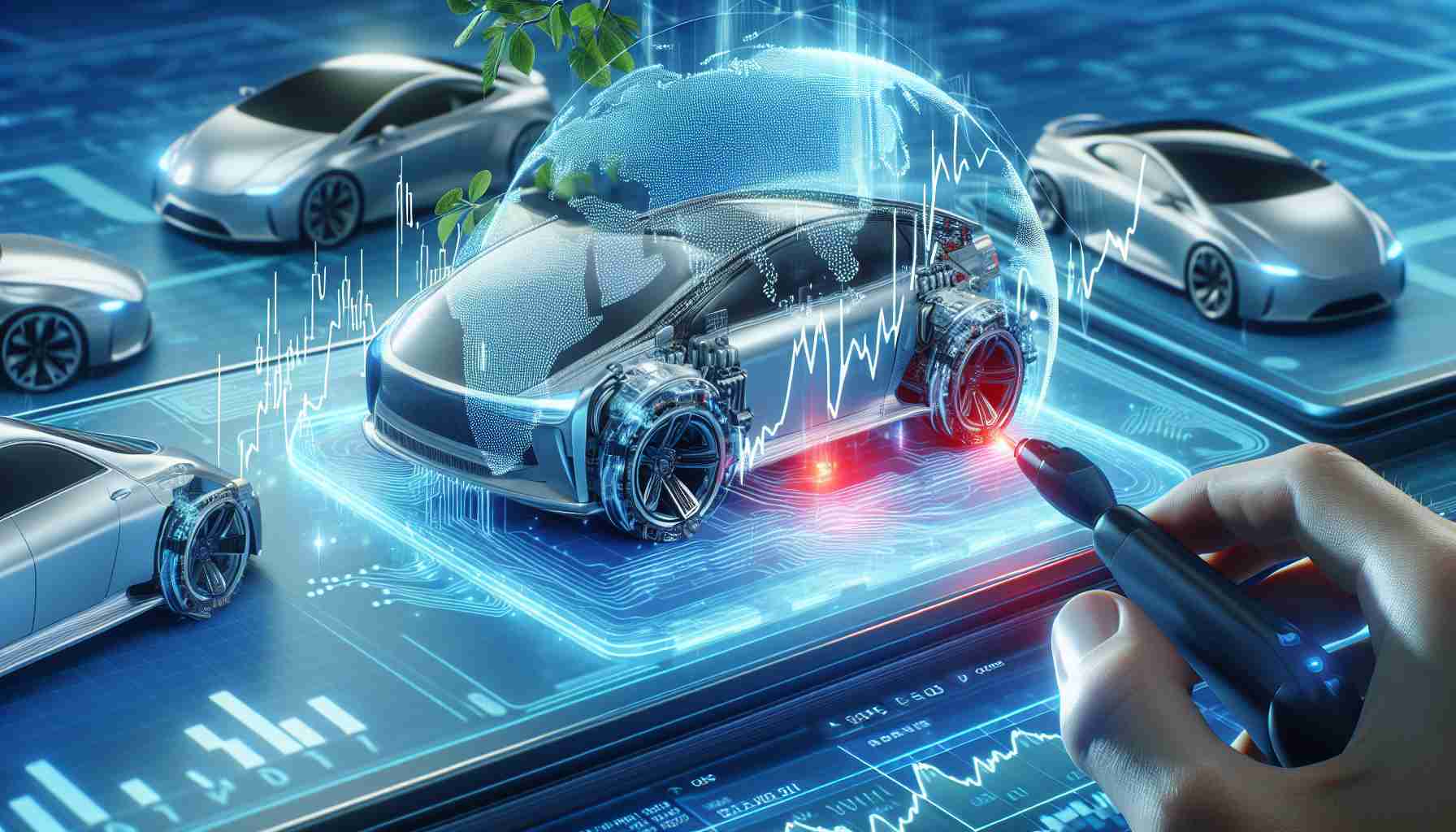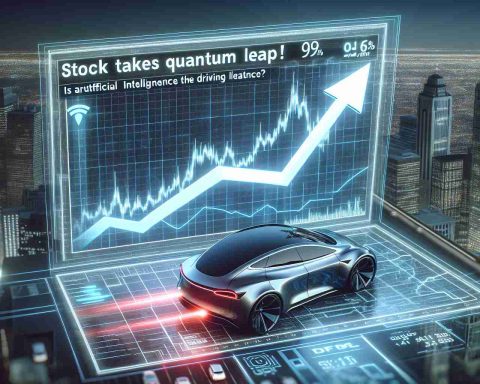Volkswagen’s sales chief, Martin Sander, has stirred the pot in the automotive industry with bold claims about electric vehicles (EVs). He argues that all-electric cars boast higher reliability than their petrol and diesel counterparts, a statement that could significantly influence consumer decisions. Sander highlighted that the company’s ID.7 models have outpaced the iconic Passat in orders, with projections showing that by 2025, battery-electric vehicles might represent 25% of Volkswagen’s European sales.
However, these assertions clash with recent findings from Consumer Reports, which revealed that EV owners reported 42% more issues than those with traditional combustion engines in 2024. This marked an improvement over the previous year, when the rate was a staggering 79%. Ironically, the Volkswagen ID.4 sat among the least reliable electric options, according to the report, while the BMW i4 emerged as the most dependable.
The research also illuminated concerns surrounding plug-in hybrid electric vehicles (PHEVs), revealing they incurred 70% more faults than standard petrol models. As Volkswagen expands its electric offerings with the anticipated ID.2—a highly anticipated model priced below €25,000—the question of reliability will continue to be pivotal for consumer confidence in the shift towards electrification. As the ID.4 and ID.5 SUVs make their debut in Australia soon, the race for reliability in EVs faces its toughest test yet.
Breaking Down the Reliability Debate: Volkswagen’s Electric Vehicle Claims vs. Consumer Reports Data
Introduction
As the automotive industry aggressively shifts toward electrification, the reliability of electric vehicles (EVs) remains a crucial factor for potential buyers. Volkswagen’s sales chief, Martin Sander, has sparked a debate by claiming that all-electric cars are more reliable than traditional petrol and diesel vehicles. This assertion has significant implications for consumer behavior, especially as Volkswagen ramps up its electric offerings.
Understanding the Reliability Claims
Sander’s comments are particularly striking given that Volkswagen’s new ID.7 models have reportedly eclipsed orders for the long-revered Passat. With forecasts suggesting that battery-electric vehicles could make up 25% of Volkswagen’s sales in Europe by 2025, the marketing narrative surrounding EV reliability could be pivotal. Consumers may feel more inclined to switch to EVs if they believe they will experience fewer issues than with internal combustion engine (ICE) vehicles.
Consumer Reports Findings
Contrasting with Volkswagen’s claims, recent data from Consumer Reports paints a different picture. In 2024, EV owners reported 42% more issues when compared to those driving traditional petrol vehicles. While this represented an improvement from the previous year’s 79% gap, it remains a red flag for those contemplating a switch to electric. Notably, the Volkswagen ID.4 was listed among the least reliable EVs, while the BMW i4 emerged as a benchmark for dependability.
Insights into Plug-In Hybrid Electric Vehicles
Additional findings raised concerns about Plug-In Hybrid Electric Vehicles (PHEVs), which encountered 70% more faults than conventional petrol cars. This underscores an interesting trend where consumers might face even greater reliability challenges according to their choice of hybrid options.
The Future of Volkswagen’s Electric Models
As Volkswagen introduces the highly anticipated ID.2, which has an attractive price point below €25,000, the emphasis on reliability will be critical. This model aims to appeal to a broader market and address the financial concerns of prospective EV buyers. The upcoming launch of the ID.4 and ID.5 SUVs in Australia also places added pressure on the company to solidify its reliability reputation in the evolving EV landscape.
Pros and Cons of Electric Vehicles
Pros:
– Lower operational costs compared to traditional vehicles.
– Environmentally friendly with zero emissions during operation.
– Quiet operation and smoother driving experience.
Cons:
– Initial purchase price can be higher than conventional cars.
– Concerns regarding long-term reliability and maintenance.
– Charging infrastructure still lags in many regions.
Market Analysis and Predictions
In the wake of ongoing electrification, it’s imperative for manufacturers, including Volkswagen, to focus on improving the reliability of their EVs. Enhanced build quality and rigorous testing will be vital to changing perceptions among consumers. As more brands enter the electric vehicle market, scrutiny over reliability will only increase, making it a critical battleground for customer loyalty.
Tutorials on EV Maintenance and Care
For potential EV buyers, understanding how to maintain these vehicles can alleviate some concerns about reliability:
1. Regular Software Updates: Ensure the vehicle’s software is up to date for optimal performance.
2. Battery Maintenance: Familiarize yourself with proper charging practices to extend battery life.
3. Annual Inspection: Schedule a yearly inspection to catch any potential issues early.
Conclusion
As more consumers contemplate the switch to electric vehicles, the reliability narrative will play a key role in shaping the future of automotive sales. Volkswagen, alongside other automakers, must address the gaps highlighted by reports while simultaneously striving for innovation in the EV market.
For more insights on the electric vehicle landscape, visit Volkswagen.














